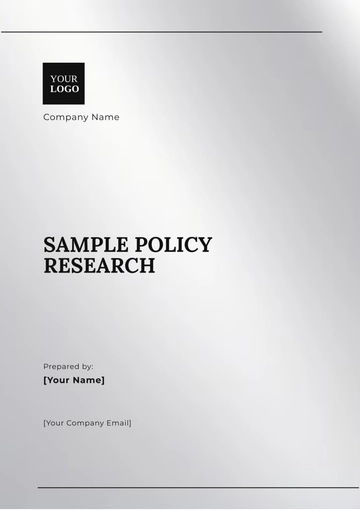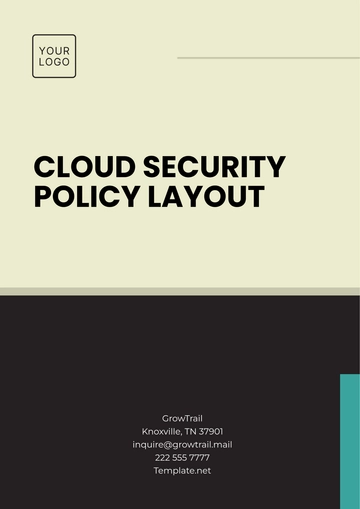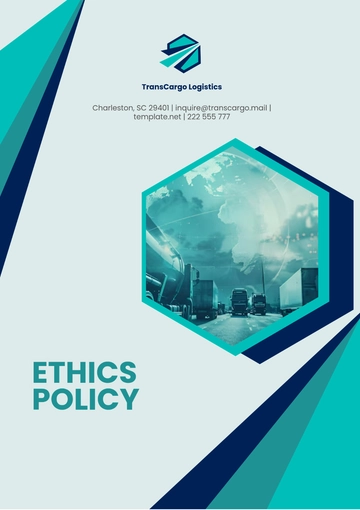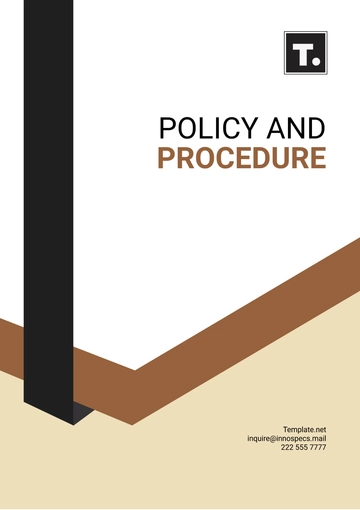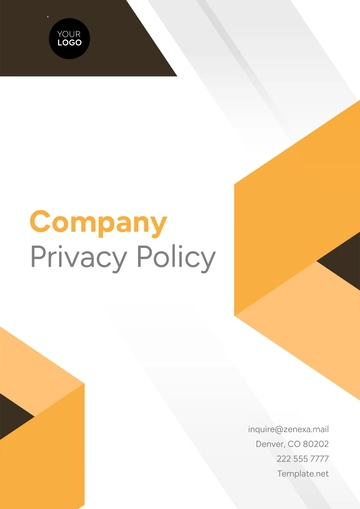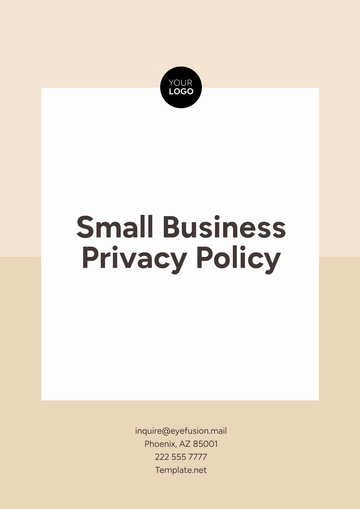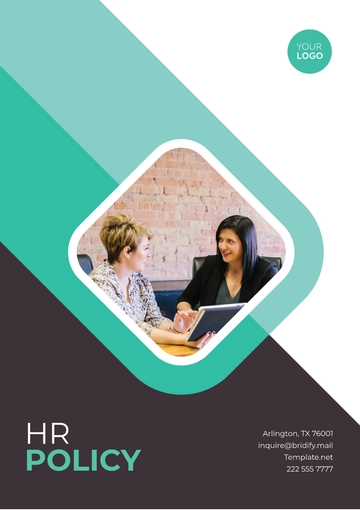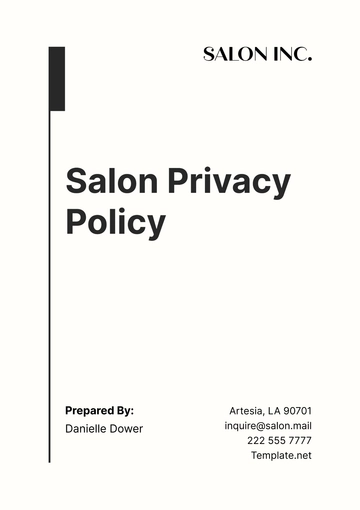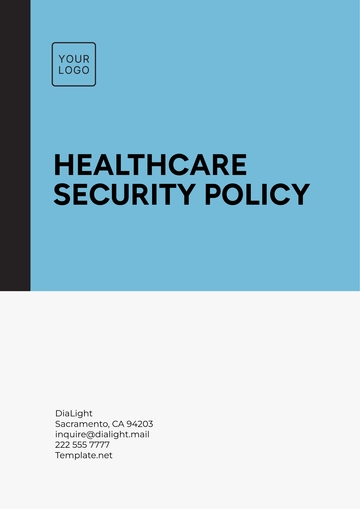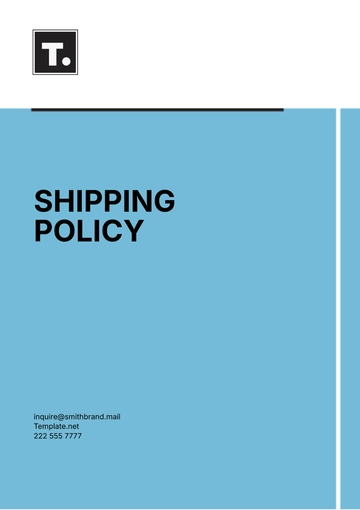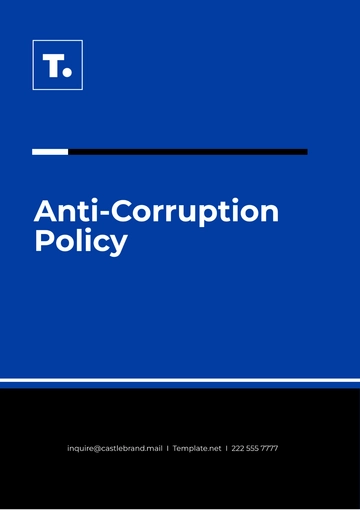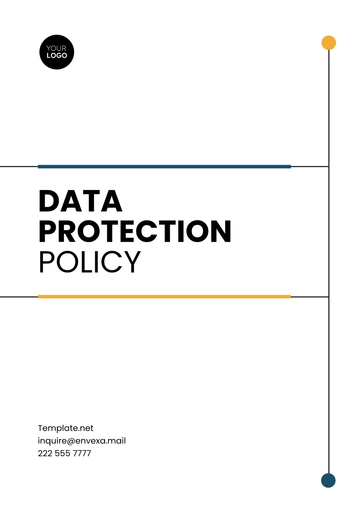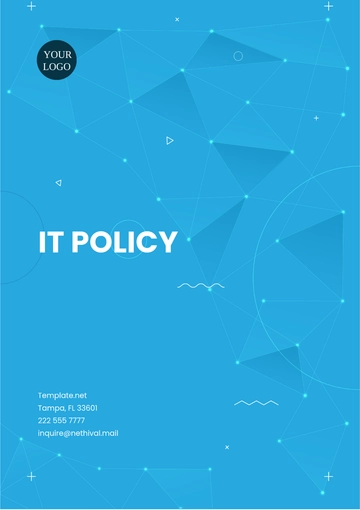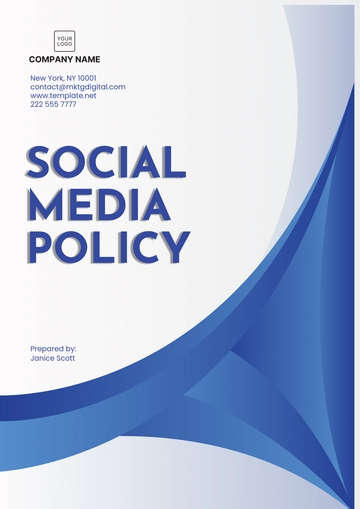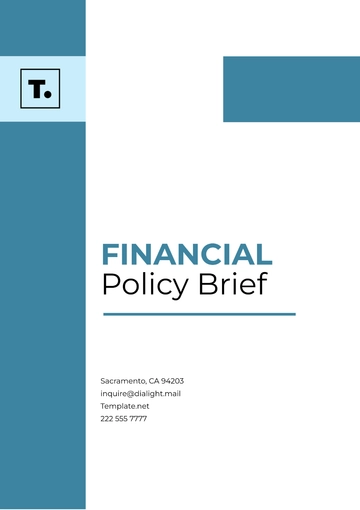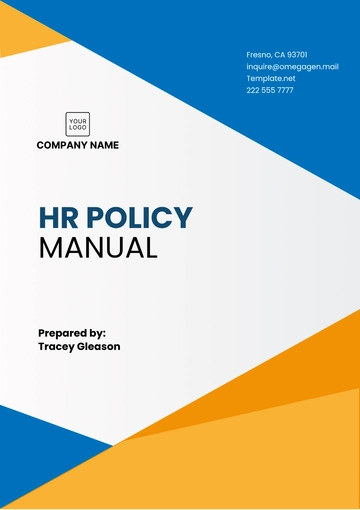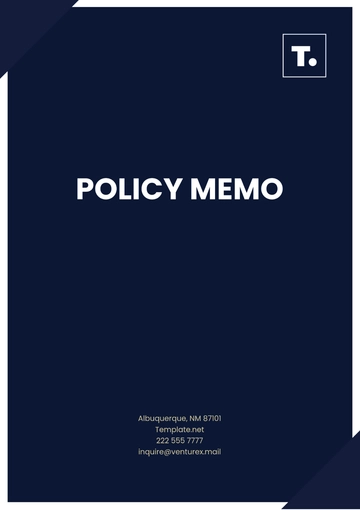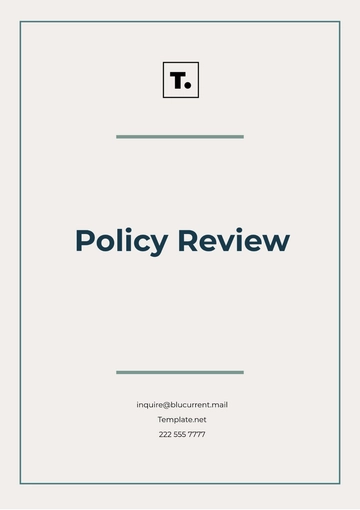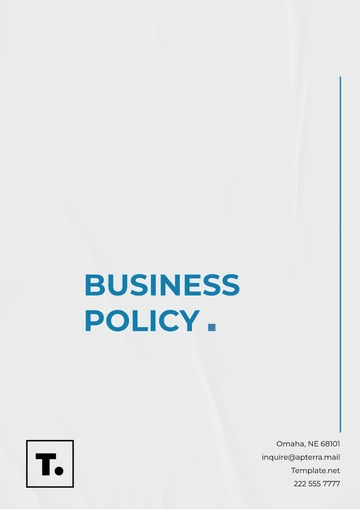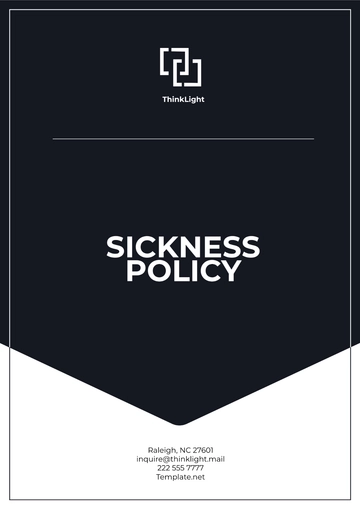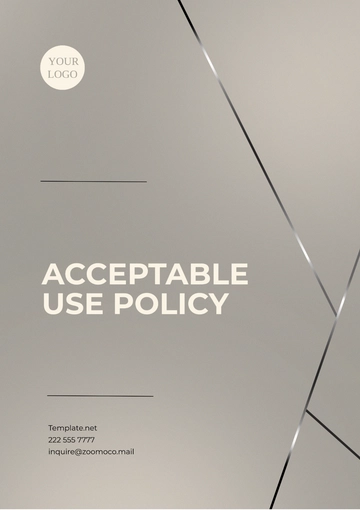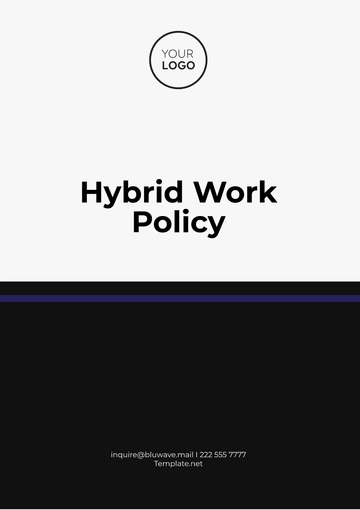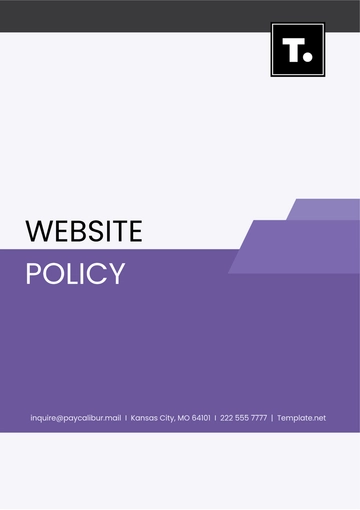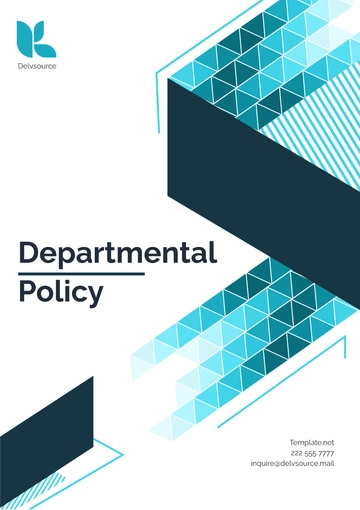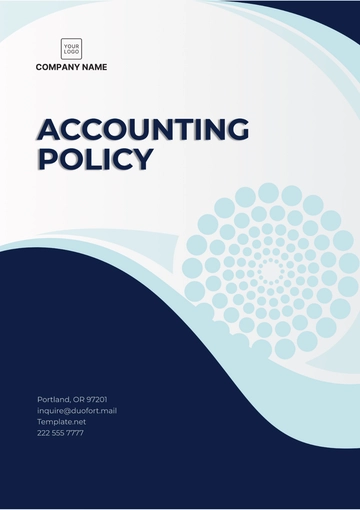Free Legal Employment & Labor Paternity Leave Policy
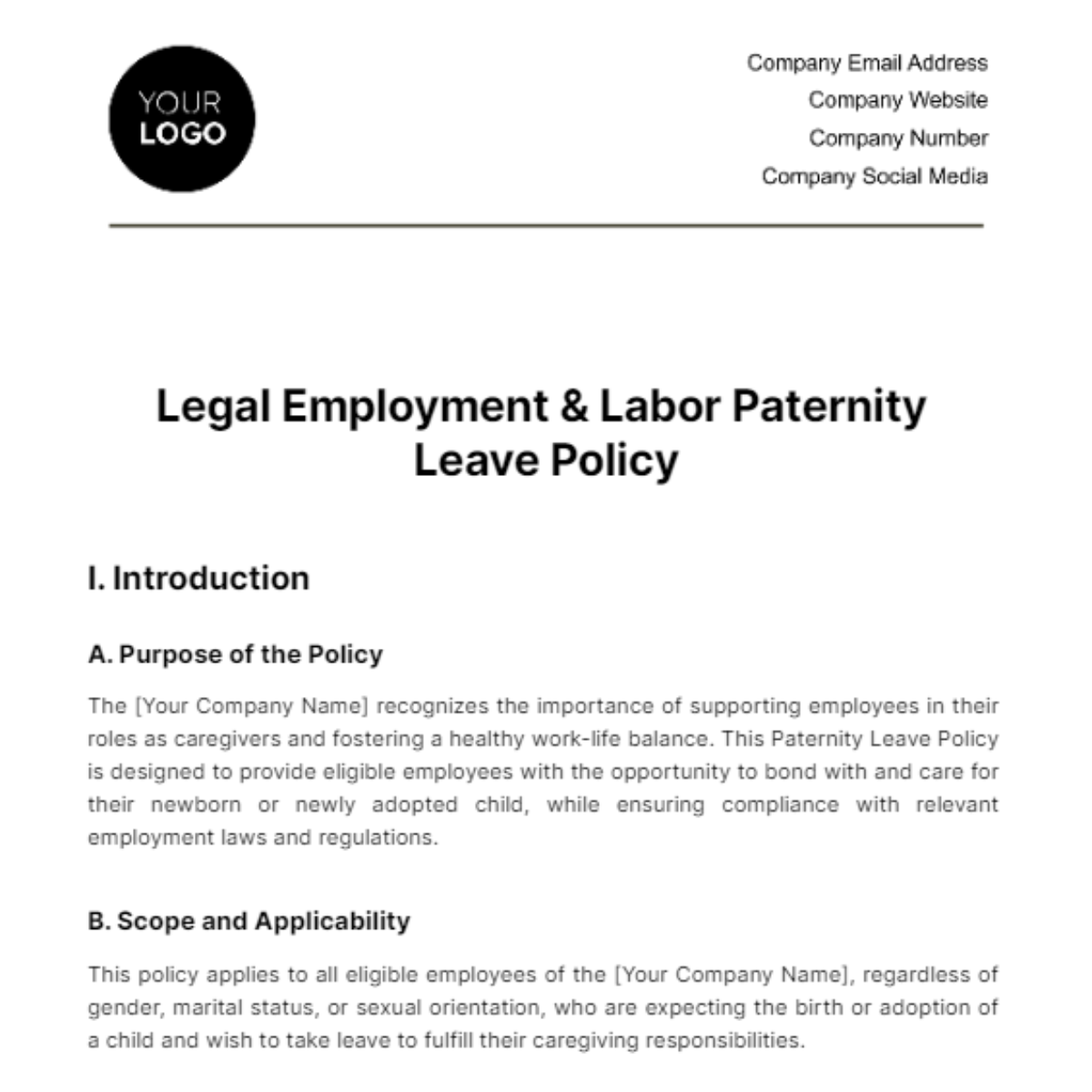
I. Introduction
A. Purpose of the Policy
The [Your Company Name] recognizes the importance of supporting employees in their roles as caregivers and fostering a healthy work-life balance. This Paternity Leave Policy is designed to provide eligible employees with the opportunity to bond with and care for their newborn or newly adopted child, while ensuring compliance with relevant employment laws and regulations.
B. Scope and Applicability
This policy applies to all eligible employees of the [Your Company Name], regardless of gender, marital status, or sexual orientation, who are expecting the birth or adoption of a child and wish to take leave to fulfill their caregiving responsibilities.
II. Eligibility
A. Employees Covered
All full-time and part-time employees who have completed at least twelve (12) months of continuous service with the company, including those in temporary or probationary positions, are eligible for paternity leave under this policy.
B. Criteria for Eligibility
To be eligible for paternity leave, employees must satisfy the conditions outlined in this policy and provide sufficient documentation to demonstrate their relationship to the child and their eligibility for leave benefits.
III. Leave Entitlement
A. Duration of Paternity Leave
Eligible employees are entitled to [00] weeks of paternity leave, with the option to extend leave under certain circumstances, such as medical complications related to childbirth or adoption proceedings.
B. Conditions for Taking Leave
Paternity leave may be taken intermittently or in a continuous block, subject to prior approval from the employee's supervisor and compliance with company policies regarding scheduling and workload management.
C. Relationship to Other Forms of Leave
Paternity leave may run concurrently with other types of leave, such as FMLA leave or accrued paid time off, in accordance with applicable laws and company policies, unless otherwise prohibited by law or expressly stated in this policy.
IV. Requesting Leave
A. Notice Requirements
Employees must provide advance notice of their intention to take paternity leave, including expected start and end dates, as well as any additional documentation required by the company or relevant authorities.
B. Documentation Requirements
Employees requesting paternity leave must submit appropriate documentation, such as a birth certificate, adoption paperwork, or medical certification, to verify the need for leave and their eligibility under this policy.
C. Procedure for Requesting Leave
Employees should follow the established procedure for requesting leave, which may involve completing a leave request form, meeting with their supervisor to discuss the request, and submitting any required documentation to the HR department for review and approval.
D. Approval Process
Supervisors will review paternity leave requests in a timely manner and communicate their decision to the employee, ensuring transparency and fairness in the approval process while considering the operational needs of the department or team.
V. Benefits and Compensation
A. Paid Leave Benefits
Employees on paternity leave will receive [00]% of their regular base salary as paid leave benefits, subject to applicable taxes and deductions, providing financial support during their time away from work.
B. Continuation of Benefits
During paternity leave, employees will continue to receive company-provided benefits, including health insurance coverage, retirement contributions, and other benefits, as required by law and company policy.
C. Use of Accrued Paid Time Off
Employees may choose to use accrued paid time off (e.g., vacation, sick leave) to supplement their paternity leave pay, providing additional flexibility and financial support during their leave period.
D. Unpaid Leave Provisions
Employees who exhaust their paid paternity leave may be eligible for unpaid leave under the FMLA or other applicable laws, ensuring that they can take the time needed to bond with their child without fear of losing their job or benefits.
VI. Return to Work
A. Notice of Intent to Return
Employees must provide advance notice of their intention to return to work following paternity leave, allowing the company to make necessary arrangements for their return and ensure a smooth transition back to the workplace.
B. Flexible Return-to-Work Options
To accommodate the needs of employees returning from paternity leave, [Your Company Name] offers flexible return-to-work options, such as phased returns, modified schedules, or telecommuting arrangements, as appropriate and feasible.
C. Guarantee of Same or Equivalent Position
Upon returning from paternity leave, employees will be reinstated to their previous position or an equivalent position with equivalent pay, benefits, and terms of employment, protecting their rights and ensuring continuity in their career progression within the company.
D. Reintegration Support and Resources
Supervisors will provide reintegration support and resources to employees returning from paternity leave, including access to training programs, mentoring opportunities, and support networks, to help them readjust to their roles and responsibilities within the organization.
VII. Compliance with Laws and Regulations
A. Legal Compliance Statement
[Your Company Name] is committed to complying with all relevant federal, state, and local laws and regulations governing paternity leave and employment practices, ensuring that our policies and practices align with legal requirements and industry standards.
B. Anti-Discrimination and Equal Opportunity Policies
[Your Company Name] prohibits discrimination or retaliation against employees for exercising their rights under this policy or applicable laws, fostering a culture of inclusion and respect for diversity in the workplace.
C. Protections for Parental Leave Rights
Employees are entitled to all protections afforded to them under the FMLA and other applicable laws related to parental leave, including job protection, continuation of benefits, and reinstatement rights upon return from leave.
VIII. Administration and Implementation
A. Responsibility for Administration
The Human Resources department is responsible for administering and implementing this policy, including providing guidance to employees and supervisors, processing leave requests, and ensuring compliance with legal requirements.
B. Recordkeeping Requirements
HR will maintain accurate records of all paternity leave requests, approvals, and employee communications in accordance with company policy and legal requirements, ensuring transparency and accountability in the administration of leave benefits.
C. Training for Managers and Employees
Managers and supervisors will receive training on the provisions of this policy and their responsibilities in administering paternity leave requests, promoting consistency and fairness in the application of leave policies across the organization.
D. Review and Update Procedures
This policy will be reviewed periodically by HR to ensure its effectiveness and compliance with legal requirements, with updates made as needed to address emerging issues or changes in legislation, and communicated to employees in a timely manner.
IX. Definitions
A. Key Terms and Concepts
Paternity Leave: Leave taken by an eligible employee following the birth or adoption of a child for the purpose of bonding and caregiving.
Supervisor: The employee's immediate manager or other designated supervisor responsible for approving leave requests and managing employee schedules.
HR: The Human Resources department of [Your Company Name], responsible for administering company policies and providing support to employees and managers.
X. Resources and Support
A. Employee Assistance Programs
Employees may access Employee Assistance Programs (EAPs) for counseling and support services related to parenting, work-life balance, and other personal or professional challenges they may face.
B. Support Networks and Counseling Services
[Your Company Name] may provide access to support networks and counseling services for employees navigating the challenges of parenthood, including peer support groups, parenting workshops, and individual counseling sessions.
XI. Review and Revision
A. Schedule for Policy Review
This policy will be reviewed annually by HR to ensure its effectiveness and compliance with legal requirements, with additional reviews conducted as needed in response to significant changes in legislation or company practices.
B. Process for Revisions and Updates
Revisions and updates to this policy will be made as needed, with input from relevant stakeholders, legal counsel, and employee feedback, and communicated to employees through company-wide announcements and updates to the employee handbook or intranet.
C. Communication of Changes to Employees
Any changes or updates to this policy will be communicated to employees through multiple channels, including company-wide emails, meetings, and postings on the company intranet, to ensure that employees are aware of their rights and responsibilities under the revised policy.
- 100% Customizable, free editor
- Access 1 Million+ Templates, photo’s & graphics
- Download or share as a template
- Click and replace photos, graphics, text, backgrounds
- Resize, crop, AI write & more
- Access advanced editor
Discover the ultimate solution for crafting your Legal Employment & Labor Paternity Leave Policy with Template.net. Our editable and customizable template, powered by an intuitive AI Editor Tool, empowers you to tailor policies to your company's needs swiftly. Streamline the process and ensure compliance effortlessly with our user-friendly platform. Get started today!
You may also like
- HR Policy
- Restaurant Policy
- Company Policy
- Accounting Policies and Procedures
- Website Policy
- Privacy Policy
- Safety Policy
- School Policy
- IT and Software Policy
- Law Firm Policy
- Construction Policy
- Interior Design Policy
- Travel Agency Policy
- Education Academic Policy
- Security Policy
- Real Estate Policy
- Expense Policy
- Software Policy
